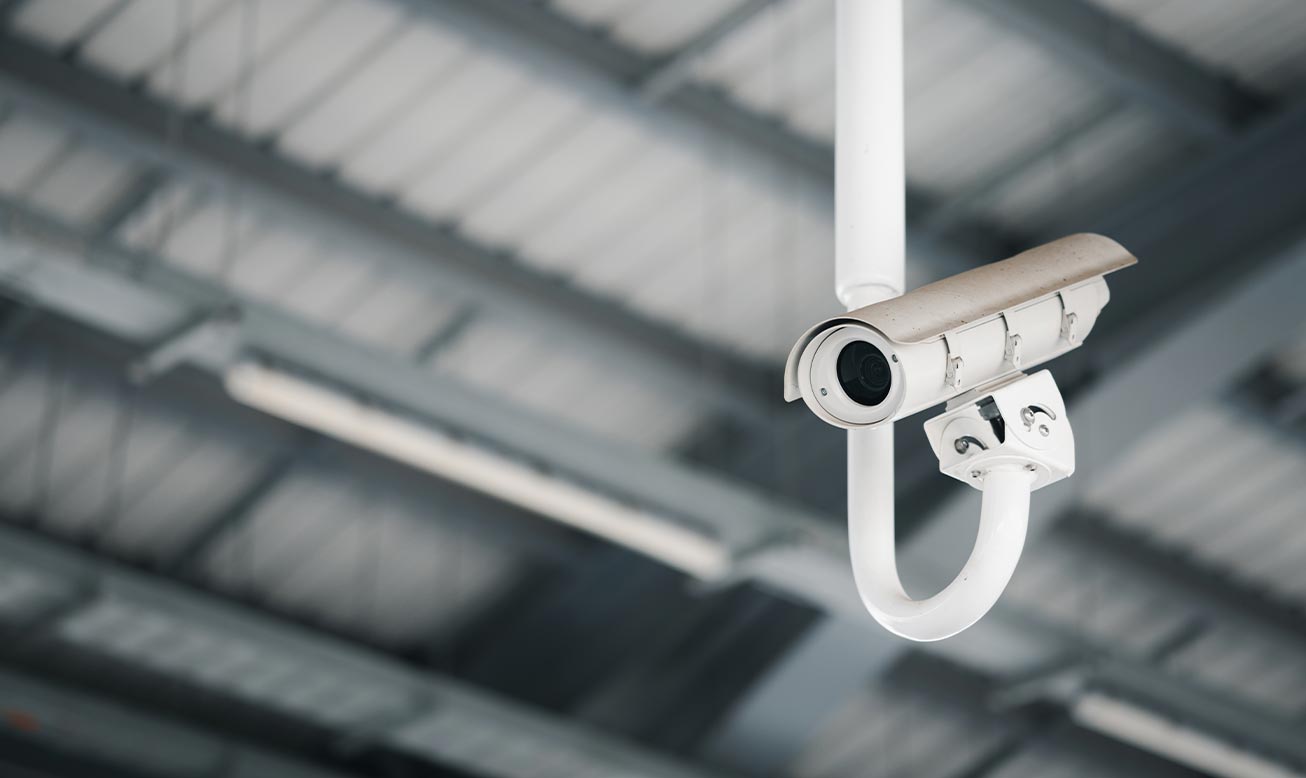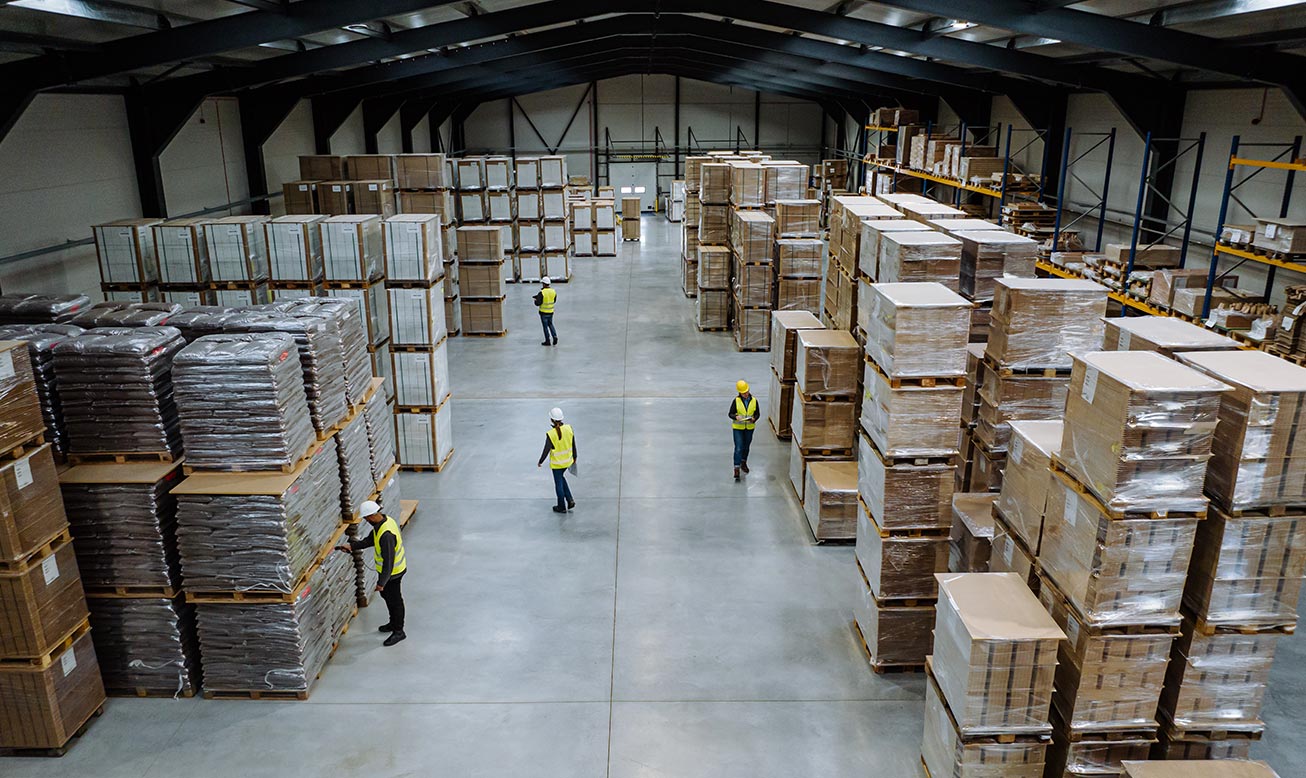May 30, 2024
Security Concerns in Last-Mile Deliveries
In an ever-evolving industry like logistics, security in last-mile deliveries has emerged as a significant concern. As goods approach their final destinations, they become increasingly vulnerable to a range of security risks, including theft, damage, and unauthorized access. The challenges associated with securing the last mile of the shipping process have prompted businesses to adopt innovative solutions and best practices to safeguard their freight.
The Alleged Vulnerability of the Last Mile
The last mile of delivery, the final leg in the supply chain process, where goods are delivered to their end destination, is fraught with unique challenges. This stage is particularly susceptible to security threats due to several factors, such as:
Increased Handling – As shipments pass through multiple hands, the risk of theft and damage increases. Each transfer point represents a potential weak spot in the security chain.
Urban Delivery Environments – Deliveries often occur in densely populated urban areas, which are at higher risk of opportunistic theft. Delivery theft is a significant issue in places where unloading maneuvers are easy targets.
Double Brokerage – This term refers to a situation where multiple brokers, contravening contract guidelines, handle a shipment. This can complicate the supply chain and make monitoring and controlling security harder. More parties mean more potential points of failure.

Cargo Theft: A Major Concern
Cargo theft is not just a financial concern; it threatens a company’s reputation and customer trust. Organized crime groups often target high-value shipments, recognizing the vulnerabilities at this stage.
To mitigate the risk of cargo theft, companies are employing several strategies, and their understanding and implementation of these strategies are key to success:
Advanced Tracking Technologies – Real-time tracking of shipments using GPS and IoT devices, which are interconnected physical devices that can collect and exchange data, allows companies to monitor their cargo continuously. These technologies can alert businesses to any unauthorized movements or deviations from the planned route.
Secure Packaging – Utilizing tamper-evident packaging and seals can discourage theft and alert recipients to any potential tampering.
Enhanced Training – Educating drivers and personnel about security best practices and the importance of vigilance can reduce the risk of theft. Training programs should emphasize recognizing suspicious activities and knowing how to respond appropriately.
Ensuring Safety in Deliveries
Beyond theft, ensuring the safe and secure delivery of goods encompasses preventing damage and adhering to safety regulations, especially for sensitive or valuable products. Safety delivery services must comply with strict regulations to protect public health and the environment.
Here is where white glove services prove their value, as trained professional staff can handle freight, adequately addressing the delivery significant concerns, such as:
Regulatory Compliance – Companies must ensure compliance with all relevant safety regulations controlling the transport of materials. Non-compliance can result in serious complications for both the manufacturer and the 3PL. Properly handling freight includes accurate labeling, packaging, and documentation.
Secure Storage and Transit – All materials require secure storage facilities and transit arrangements to prevent unauthorized access and potential supply chain disruptions.
Training and Certification – Personnel handling goods should be adequately trained and certified to manage all shipments safely.

Last Mile Delivery Challenges
The last mile presents numerous challenges that can compromise security logistics. These challenges include:
Route Optimization – Efficient route planning is essential to minimize delays and reduce exposure to security risks. Poor route planning can lead to extended delivery times and increased vulnerability.
Delivery Window Management – Coordinating delivery times to ensure recipients are available to accept their freight can reduce the risk of theft. Missed deliveries resulting in unattended parcels elevate the risk of theft.
Technological Integration – Integrating advanced technologies into delivery processes can be complex but is necessary for enhancing security. This includes the use of automated systems, real-time tracking, and data analytics.
Last Mile Contracts and Best Practices
Securing last-mile deliveries requires meticulous planning and the implementation of best practices. Companies often outline specific security measures in their contracts to ensure all parties understand their responsibilities and the protocols to be followed.
Best practices for safe last-mile deliveries include:
Robust Contract Provisions – Clearly defined contract terms that specify security protocols, responsibilities, and penalties for non-compliance are crucial. These provisions should cover aspects such as secure handling, tracking, and incident reporting.
Technology Integration – Leveraging GPS tracking, IoT sensors, and blockchain technology can enhance transparency and security. These tools provide real-time visibility into the shipment’s status and integrity.
Collaboration with Trusted Partners – Working with reputable logistics partners who prioritize security can significantly reduce risks. It is essential to vet partners thoroughly and ensure they adhere to the same security standards.
Incident Response Plans – A clear and effective incident response plan ensures quick and efficient handling of security breaches. This plan should include steps for reporting, investigating, and mitigating incidents.
Customer Communication – Keeping customers informed about delivery schedules and providing secure delivery options, such as requiring signatures upon receipt, can help minimize the risk of theft.
At Last Mile Logistics, your freight’s security cannot be overstated. We know that as goods arrive at their final destinations, they encounter numerous security threats. However, by adopting advanced technologies, adhering to regulatory standards, and implementing best practices, we can enhance the security of your last-mile deliveries, protecting your assets and maintaining customer trust. So please call us so we can evaluate your transportation needs.

